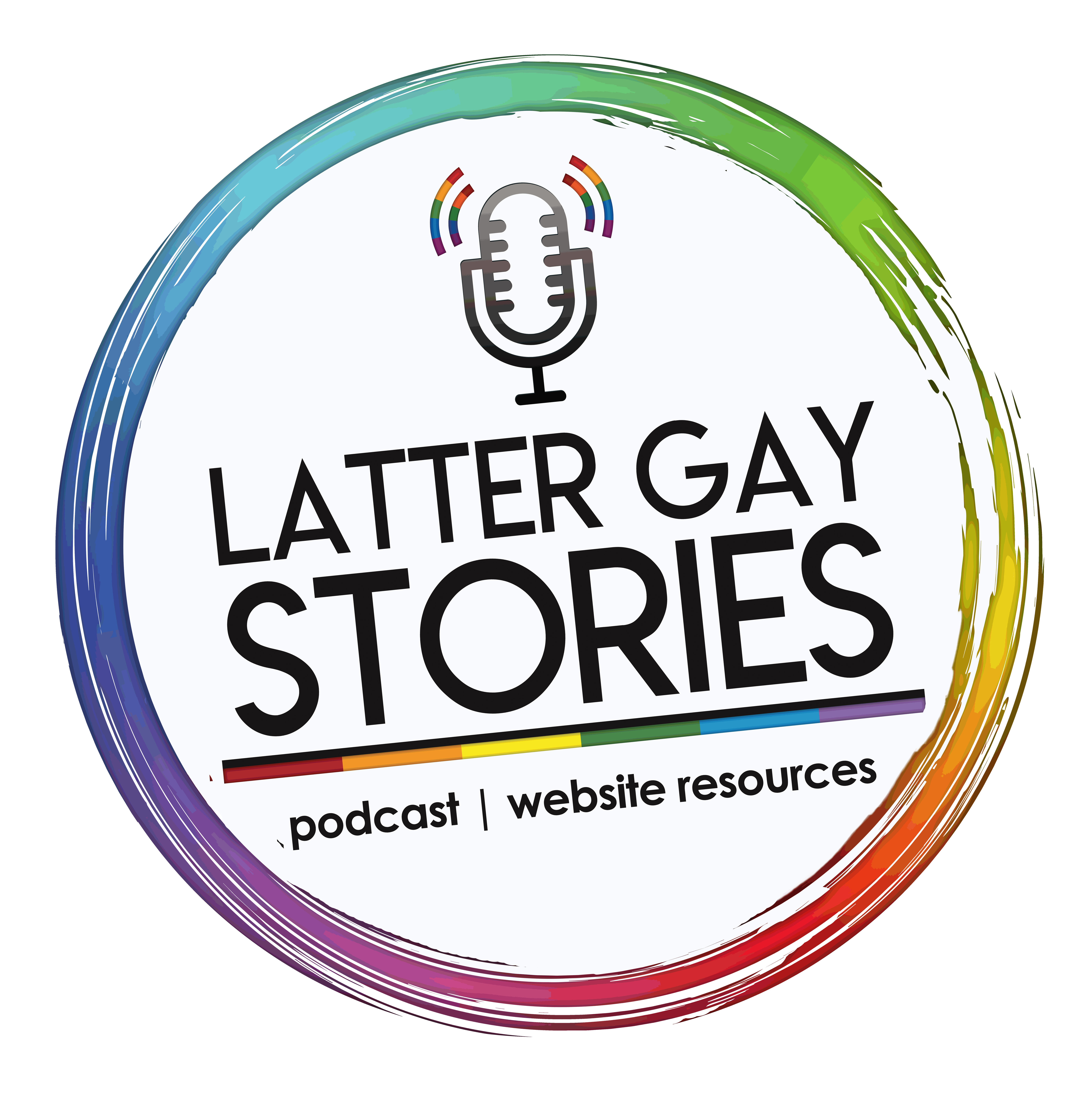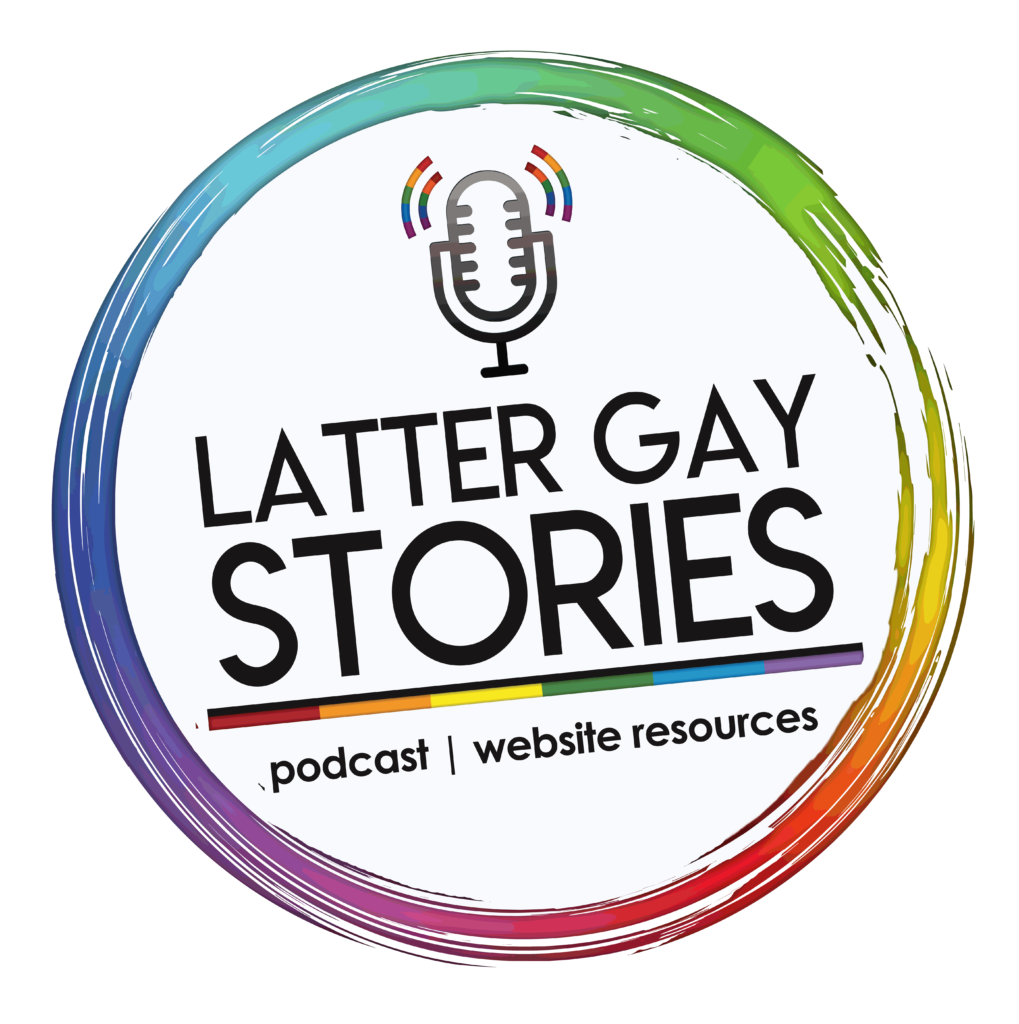Charlie Bird, a current BYU student, former Cosmo the Cougar, and co-host of Questions From The Closet (an LGBTQ podcast he co-hosts with Ben Schilaty, a BYU Honor Code Administrator) announced on their podcast episode (link here: https://apple.co/34DnmqL ) that Charlie has been involved in a romantic relationship with another man. A relationship that has been kept relatively secret until today.
Gasp.
I recommend listening to this particular episode to better understand the problematic and unique situation LGBTQ+ Latter-day Saints are met with at this intersection. It is not an easy space to loiter and most cannot stay long—they must move on—however it seems right or required to them. I also want you to hear this from Ben and Charlie, and not from outside sources.
A few disclaimers/observations: as host of the LatterGayStories podcast I have never wanted to use my platform as a place to box or constrain people’s personal experiences. I believe that our individual orientations and identities are fluid, evolving, and constantly mature with new experiences, vulnerability, and trial. While some might want to blame or disparage individuals, my goal is to focus on HOW and WHY we got to this point.
I will advocate and encourage you to take a few steps into the darkness to find that the way is lighted ahead (nod to Boyd K. Packer and his Candle of the Lord talk.)
Charlie shouldn’t be faulted for growing, for opening up, and for being vulnerable. And neither should you.
Second disclaimer: no matter how you want to parse this subject, Ben and Charlie, in many ways were dishonest to other Latter-day Saints about their realities. That isn’t okay. Both of them have book deals aligned with the Church. Both of them are involved with, or employed by BYU, and both of them speak to vulnerable Latter-day Saint populations in this space.
I appreciate that they discuss these deceptions in this podcast episode.
Third observation: MANY former BYU students were expelled as students of the University for similar relationships or romantic behaviors. At times, during this episode, Ben and Charlie laugh at this topic. LITERALLY laugh. I have spoken with many students whose lives were upended by their sexuality and how it misaligned with the BYU Honor Code Office. I don’t giggle at their experience. It was traumatic and in some cases, life-ending for them. I think it is fair to point out that Ben, as an honor code administrator knew of Charlie’s same-gender relationship and kept it quiet—while others were punished at BYU for similar relationships.
Ben knew of Charlie’s relationship while acting as an employee of the University and while speaking to Latter-day Saint audiences about honoring the prophetic calls to be single, celibate gay Mormons (and BYU students with NO homosexual romantic behaviors).
Fourth observation: this is an incredibly vulnerable discussion for Charlie to have. Thank you for opening up and being honest. I want to be absolutely clear that my reflection and perceptions in the LGBTQ+ Mormon space is that the “system” is to blame for a perpetual line of people like Ben and Charlie. The system is problematic. The system created this narrative.
Once you listen to Charlie’s episode, you can better see what I will try to explain below.
Latter-day Saints who choose to remain “single and celibate” often (I mean almost always) do so in an effort to appease a system that requires them to be something they are not created to be. I think it is important to point out that this is a double-edged dilemma: church culture is a problem and church members are a problem.
Mormonism thrives best when they vault individuals on unstable pedestals. And when (not if) they fall, they will be replaced by a new story, a new face, a new tragedy. The Mormon message surrounding gender identity and sexual orientation is not solid or foundational. I have documented decades and decades of misinformation, abuse, and doctrinal/policy changes surrounding LGBTQ/LDS messaging and treatments.
The culture:
A Latter-day Saint is taught that when prophets, apostles, general authorities, or other ecclesiastical leaders speak, that is the end of discussion—their words are to be followed. They are also taught that those men are fallible (sometimes wrong).
What doesn’t exist is a way to cure the problems that arise when leaders are wrong, and that wrongness hurts people. There is no system within Mormonism to account or apologize for prophetic or apostolic error. The real result is that the LGBTQ Latter-day Saint become collateral damage. They become examples of broken pedestals. They are often excommunicated and ostracized.
While the culture creates a narrative to protect prophets and apostles as men—bound to make a few mistakes—that same culture will not hold those leaders accountable for the harm those mistakes cause. It is a cyclical process that leads to eventual dissonance and disbelief, at best. And, at worst, leaves feelings of doubt, hopelessness, and often suicidal ideation in the wake of the queer Mormon experience.
Charlie admits in this episode that he deceived many Latter-day Saints who looked to him as an example of someone who was towing the party-line as a single and celibate, gay Mormon. He admits that without that deception, he wouldn’t have had a platform, and without that platform he wouldn’t have been able to reach the inner minds of the faithful Latter-day Saints.
That is what the culture creates. A deception to heal a deception.
Charlie wrote a book that was published and promoted by Deseret Book. He has trotted across Zion speaking in ward and stake firesides/councils promulgating the cultural message of what it looks like to be gay and Mormon.
Ironically, but not surprisingly, there was another mask he was hiding behind.
I think it is important to point out that his book, his speaking engagements, his advocacy, and his voice have been helpful to many, many people. And my point is not to abuse Charlie for taking these bold steps into LGBTQ advocacy and education. Rather, my point is to highlight the deceptive culture that demands perfection—and version of Mormonism that is unobtainable and irrational.
The system is to blame for creating situations that people like Charlie find themselves in. Charlie isn’t the first casualty of the Mormon messaging machine. Before him was Josh Searle. Before Josh Searle was Josh Weed, before Josh Weed was David Matheson, before David was another queer Mormon who, as long as they said the right things, or acted the “right” way, were allowed relevancy and a platform to be exploited by other Mormons. A platform that boosted Mormonism’s ever-failing narrative that being single and celibate is celebrated, that sexuality is changeable, and that righteousness —to a narrative—is more valuable than living the fullest measure of your creation.
The system and culture must change.
Latter-day Saints and Latter-day Saint leaders must come to understand that their prescription for the “LGBTQ problem” is ineffective and placebic. It only creates lies. It only creates martyrs. It only prolongs the inevitable.
Imagine a faith, and a culture that celebrated individuals.
Imagine a Mormonism that valued people and personal revelation over policy and pulpit.
I admire Charlie Bird for talking about this very vulnerable subject and for speaking openly about a subject that in many ways will be self-crucifying. I hurt for the vulnerable Latter-day Saint families who used his story to pressure their gay children to live an unrealistic experience. The Mormon culture will likely ostracize Charlie (as they have so many others). That is unfortunate, because the church is better with a chorus of variety, not an echo chamber of similarity.
I feel that Charlie is honest when he admits that in many ways, he deceived Latter-day Saints who believed his message. I feel badly for Mormonism. The religion demands that people like Charlie hide love, and authenticity, and honesty to promulgate a narrative—to feed a system—to engulf a culture.
The culture did this to Charlie.
The culture did this to your sons and daughters.
The culture will do this to your grandchildren.
Charlie and Ben asked, “what happens when you fall in love?” It’s a great question! And as Charlie points out, it causes you to do the right thing, sometimes for the first time in your life. Do what is right, let the consequence follow.
Authenticity and honesty look good on you.
You will never need to sacrifice your values and morals to get there.



Comments are closed.